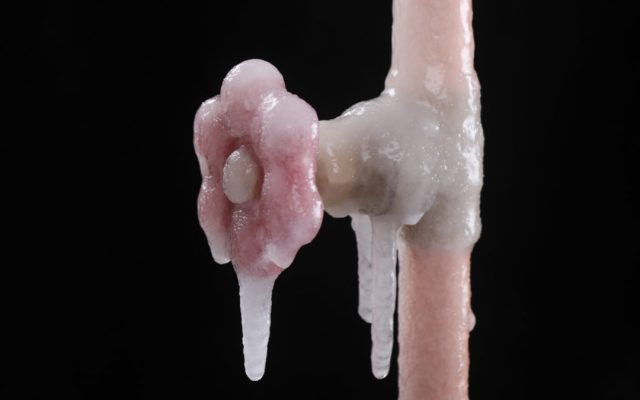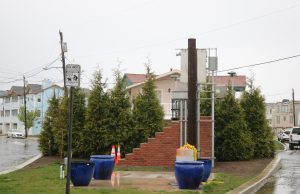Wicked winter weather brings its share of challenges. Expensive water damage from frozen pipes shouldn’t be one of them. Today, we’re sharing some preventative measures you can take now, before freezing temperatures set in, to reduce or eliminate the risk of cold-weather threats to your home.
Insulate the exposed pipes in your home
Burst pipes can be incredibly destructive. Luckily, they are also largely preventable. Check to see if you have exposed piping in the uninsulated spaces of your home, such as the crawlspace, attic and outside walls. Most hardware or plumbing supply stores should have the insulation and tools you need. Wrap the pipes in insulation tubes made of polyethylene or fiberglass. The materials are inexpensive, and the task does not require any special skills.
Insulate the crawl space beneath your home
When the thermometer starts plummeting, it pays to check the conditions of your crawl space. Because a crawl space is partially exposed to the environment through air vents, even a brief cold snap can freeze the water in your pipes beneath the home. Crawl spaces with pipes should either have the concrete walls around the perimeter coated with insulation, or the pipes themselves should be insulated or wrapped with heat tape. Properly insulating your crawl space will prevent cold floors, high heating costs, and frozen pipes.
Protect water heaters in winter months
Most homeowners do not even think about the water heater until there’s a problem. Cold temperatures can cause the metal to expand and contract, and if you have an older water heater kept in a cold or unheated location, leaks and cracks could be the result, so be sure to inspect your tank regularly. Insulating the tank and the pipes leading away from the water heater helps to reduce heat loss. Newer water heater tanks often already have this insulation built in, but if you have an older tank, you can purchase a tank cover that provides an extra layer of insulation to keep hot water hotter.
Fix home plumbing leaks how
The best time to get leaks repaired is before the temperature drops to freezing. Check the faucets and plumbing in your home’s bathrooms, kitchen, laundry and utility room for drips or puddles. If you have a leaky faucet or pipe, contact your trusted team at Broadley’s immediately to get it back in tip-top shape.
Pack away your garden hose
As part of your regular seasonal maintenance, garden hoses should be disconnected, drained, and stored away before the first hard freeze. Leaving a hose connected outside in winter can cause water left inside to freeze and expand, damaging your faucets and connecting pipes as well. If you have interior shut off valves leading to outdoor faucets, close them and drain the water from outside lines. Any water that remains in the lines and freezes could cause major damage.
For more ways to protect your home’s plumbing and other systems this winter, talk to Broadley’s for expert advice and a broad range of energy solutions.






